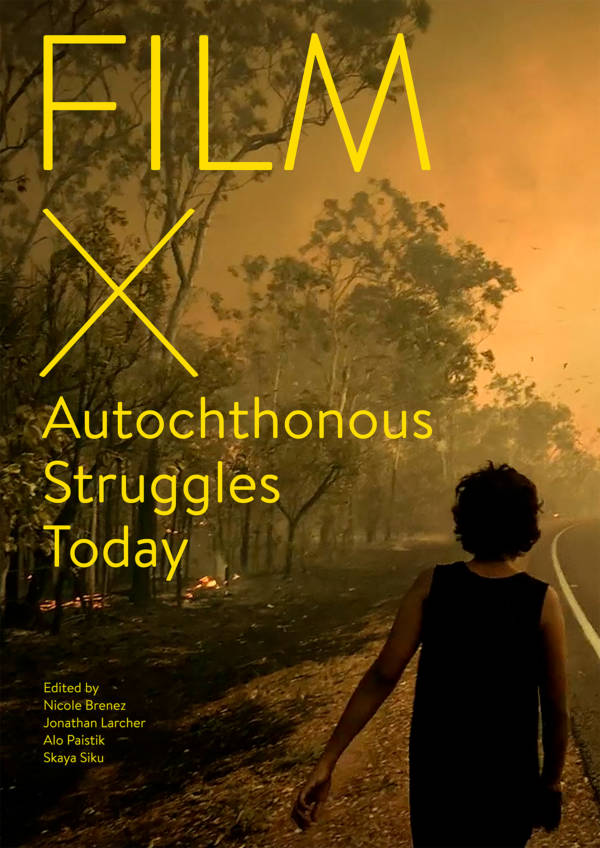
Unpayable Debt
An examination of the relationship between coloniality, raciality, and global capital through a black feminist poethical framework, inspired by Octavia E. Butler's sci-fi novel Kindred (first volume in the On the Antipolitical series).
Unpayable Debt examines the relationship between coloniality, raciality, and global capital through a black feminist poethical framework. Inspired by Octavia E. Butler's 1979 sci-fi novel Kindred, in which an African American writer is transported back in time to the antebellum South to save her owner-ancestor, Unpayable Debt relates the notion of value to coloniality—both economic and ethical. Focusing on the philosophy behind value, Denise Ferreira da Silva exposes capital as the juridical architecture and ethical grammar of the world. Here, raciality—a symbol of coloniality—justifies deployments of total violence to enable expropriation and land extraction.
First volume in the On the Antipolitical series, edited by Ana Teixeira Pinto, devoted to the historical study of the depoliticization process, situating it within the neocolonialcontinuum that animates the digital frontier as the new locus of settler becoming.
Dr. Denise Ferreira da Silva's academic writings and artistic practice address the ethical questions of the global present and target the metaphysical and ontoepistemological dimensions of modern thought. Currently, she is a Professor and Director of The Social Justice Institute (the Institute for Gender, Race, Sexuality, and Social Justice) at the University of British Columbia.
Edited by Ana Teixeira Pinto.







